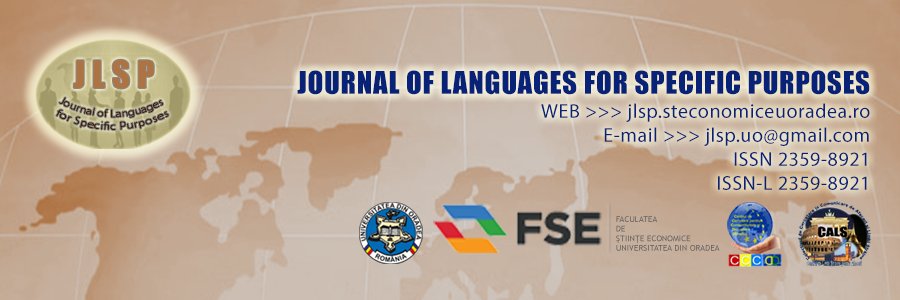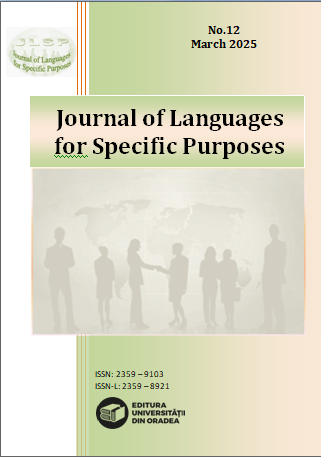Editorial Ethics and Malpraxis
Good practices for editors
- The decision of accepting a study for publication is based on one single criterion, namely its scientific quality, and any kind of discrimination – racial, national, sexual, of political orientation etc. – is excluded.
- The editors seek to publish papers coming from the greatest possible variety of authors and reject the practice of publication in an enclosed circle.
- Under no circumstances shall editors use for their own research or any other reasons the manuscripts they receive as submissions for publication, unless otherwise agreed with their authors.
- Editors are under the obligation to preserve confidentiality in manuscript administration and to ensure the anonymity between author(s) and reviewer(s), on both directions
- Editors shall avoid conflicts of interests arising from work relationships, rivalry, financial, or of any other nature, along the process of administration and review of manuscripts. The only criterion for accepting a paper is its quality.
- Editors (and the journal in general) are neutral, not subscribing and not identifying themselves with any point of view presented within the papers published by authors other than themselves.
Good practices for authors
- Authors undertake to send for evaluation only original papers for which they have copyright and which have not been published and are not under review elsewhere.
- Authors undertake to properly cite the sources used in their manuscripts and to avoid any act of plagiarism, being heldfully responsible forsuch an act.
- Authors are responsible both for the accuracy of the data presented in their manuscripts and for the whole content of the latter.
- In case of multiple authorship the correspondent author is the one responsible for the acceptation and the agreement of the entire group of authors regarding the submission of manuscript for evaluation and its final version for publication.
- In case of error detection in the already published work, the authors shall inform the editorial team and require the replacement with the corrected version or the withdrawal of the paper.
In the case of malpractice detected on the author’s side, the editorial board shall proceed to the removal from the review and publication process, or respectively, from the published journal, of the contribution that proves to be in breach of the provisions regarding originality and copyright – assumed by all authors by signing a Copyright Statement before publication of each number.
Good practices for reviewers
- Reviewers shall avoid entering into conflicts of interests arising from work relationships, rivalry, financial, or of any other nature, along the process of manuscripts review. If they detect such a situation, they should immediately inform the editors and request to be excepted from reviewing that particular article.
- Reviewers shall preserve confidentiality regarding the data/ information in the manuscripts submitted for review.
- Under no circumstances shall reviewers use for own purposes the manuscripts they receive, unless with the consent of the authors.
- Reviewers undertake to promptly respond to the editors’ requests, to ensure objectivity of the evaluation process, to make pertinent remarks avoiding personal injuries, providing the author with helpful suggestions that shall bring improvement to the article submitted.





